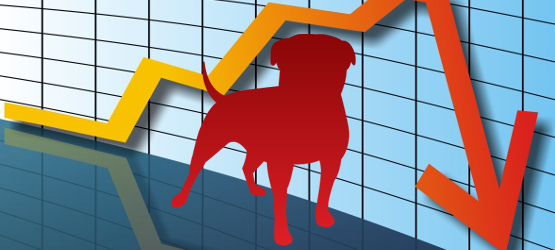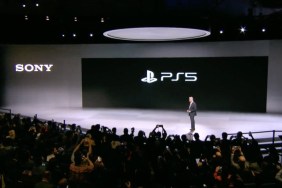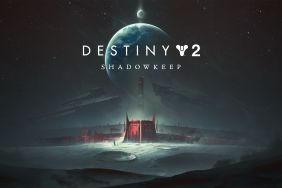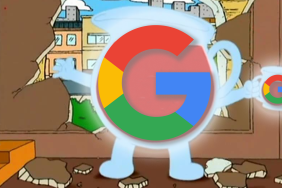Daily Reaction is a new feature where Sebastian Moss & Dan Oravasaari discuss today’s most hard-hitting topics every single weekday.
Social gaming is today’s hot topic, with employees at industry leader Zynga allegedly taking to the internet to talk about the company’s massive stock crash, and how the studio’s drive to be successful in the social market led to substance abuse, alcoholism and 11 hour days amongst its staff. But while the undisputed leader in Facebook gaming has seen their share price tumble, more and more mainstream publishers are turning to this market as a potential goldmine and changing their focus from AAA console games to smaller social titles. Sony, however, doesn’t believe the social market will replace traditional gaming and describes it simply as an “add-on”. So who is right?
Seb: Social gaming is a huge market, no matter what some people say – there’s 900-odd million Facebook users who can play CityVille, FarmVille or whatever with the click of a button. And a ton of them do, they love it, they love spamming everyone else’s feeds, and, after a while, they love buying credits – 230 million people played games on Facebook last month, more than the entire console market combined. But the problem is that the market is incredibly volatile, as proven by Zynga’s massive stock crash. After becoming larger than EA in value, the company plummeted in value last month after it posted a quarterly loss of $23 million despite revenues of over $300 mil. Why did this happen? Not just because they haven’t released a massive hit in a while, but because the cost of entry into the market is extremely low, meaning that the industry is flooded with tons of games – many of which are very similar – and there’s only one way to ensure that people play your game: Nope, it isn’t great quality, it’s lots of advertising. So Zynga is paying out hundreds of millions to gain users, most of which don’t pay for the game. And it’s something that’s only going to get worse as more developers enter the market. As competition for ad space increased, Zynga had to pay double in Q4 2011 than Q3 to simply gain 1% revenue. It’s unsustainable.
Dan: Exactly, Zynga has just painted themselves into a corner. They found success by capitalizing on the social market early, but failed to understand their audience. Social games by nature draw its audience in with its low barrier to entry, and by such, fails to truly develop a relationship with its user-base. Social gamers have very little brand loyalty, as games are developed to be played as a social construct, instead of an engrossing experience. As shown by games like Draw Something, a popular pictionary game that is solely based on social interaction. Yet, as its audience felt the wear of its experience, its user-base started to decline, and users started to move on. Such is the nature of social gaming, popularity is determined by the masses, it is not something that can be controlled without spending obscene amounts of money. A prime example being Zynga’s purchase of OMGPOP for $200 mil. So if Zynga is incapable of sustaining the ability to generate products that draw in substantial crowds, they will be forced to buy out products that do. Inevitably leading to the decline of Zynga.
Seb: Yeah, that purchase of OMGPOP has to be the biggest waste of money since Sony tried ‘creative’ advertising for the PS3’s launch. But does that mean EA, Activision and the like are going to steer clear of Facebook games? Nope, because investors are constantly berating them for missing out on the social boom, and they are understandably jealous of the big revenues that can be made. So expect more Facebook games from big publishers and more incredibly inflated purchases of companies that have only released one successful title. Publishers are desperate to get their foot in the social door, and will do whatever they can to ensure they do. And perhaps they’ll make it, one of their games will dominate the Facebook charts and bring in more money than all the Battlefield games combined. But if they want stability, and they don’t want to risk an overnight crash, they’ll stick to investing mainly in the safest market, which is (currently) consoles.
Dan: The option for the giants of the console industry to enter the social market will always be there as long as there is a user base available. As I don’t see social gaming going anywhere anytime soon, it’s a mainstream equivalent to the brainless tasks we accomplish on our bigger budget titles. And as long as people will have reasons to complete mindless tasks for the sake of relaxing, neither industry is going anywhere.
The only problem is that entering this emerging space is similar to playing the stock market, and would require a significant amount of resources to become an economically viable decision. As such, the only real way for a console developer to enter the social market would be by overshadowing the competition, and flood the market with higher end products. Yet, as we’ve said already, brand loyalty is finicky on the social space, and could become a futile endeavor. So, should these giants enter the social market? Sure, but I feel they are in for a big surprise, much like Zynga had to learn.
Do you think there’s a big future in social games? Share your thoughts on Facebook below, or follow Dan and Seb on Twitter.








